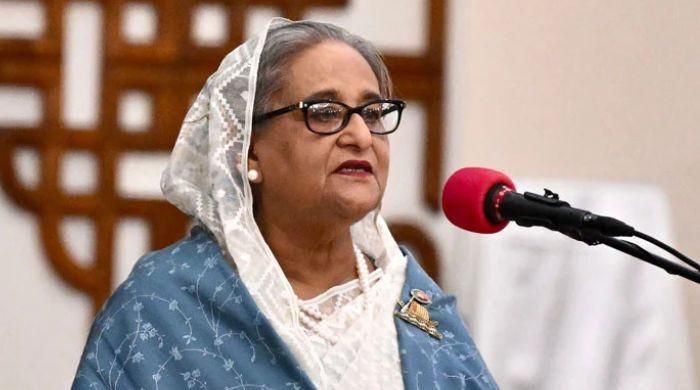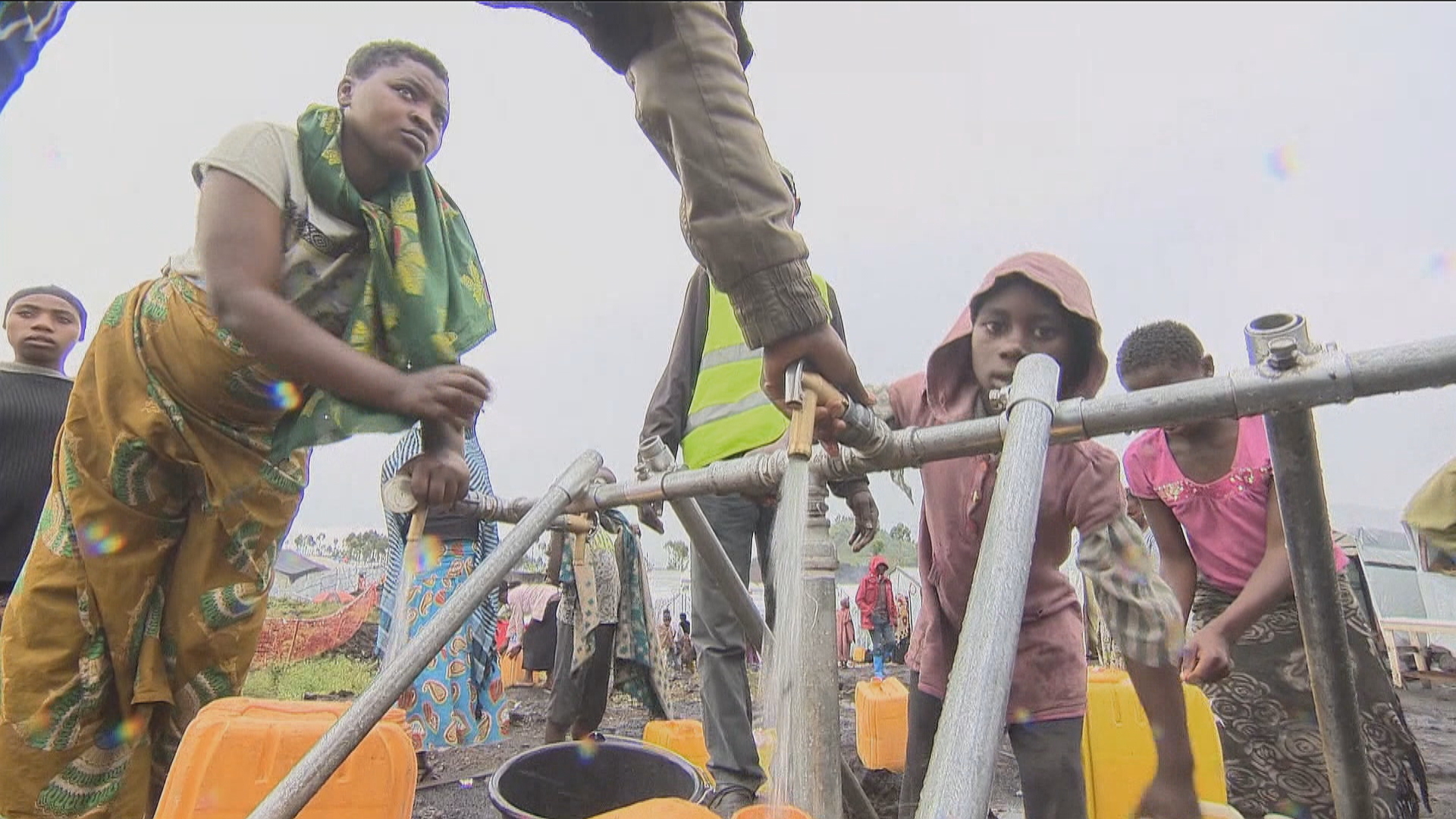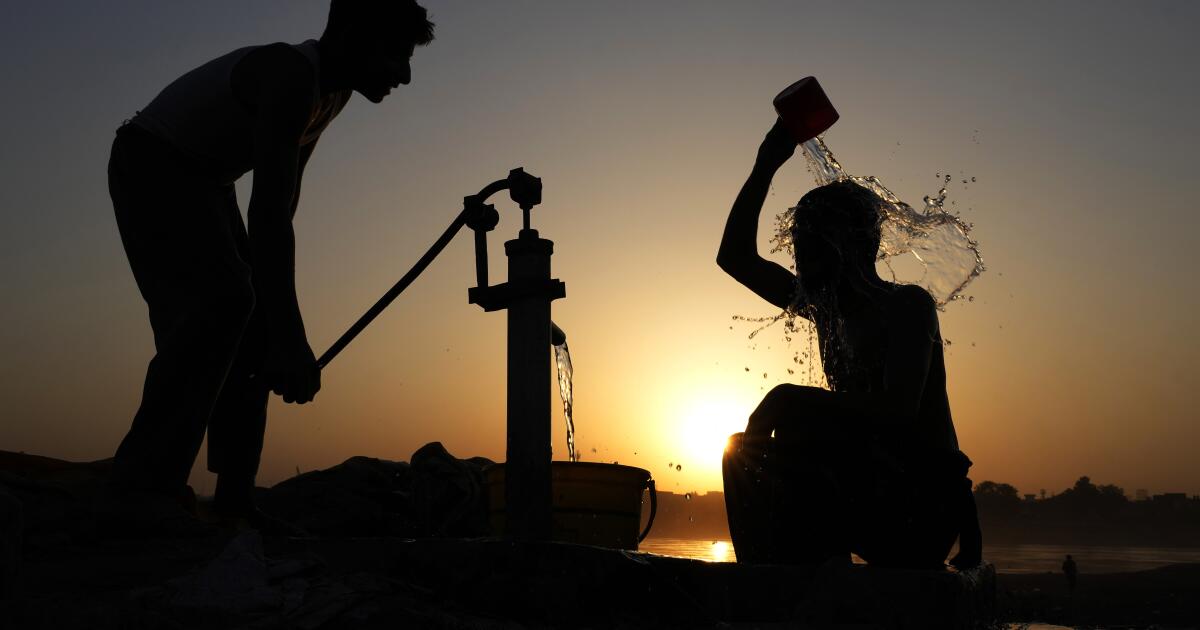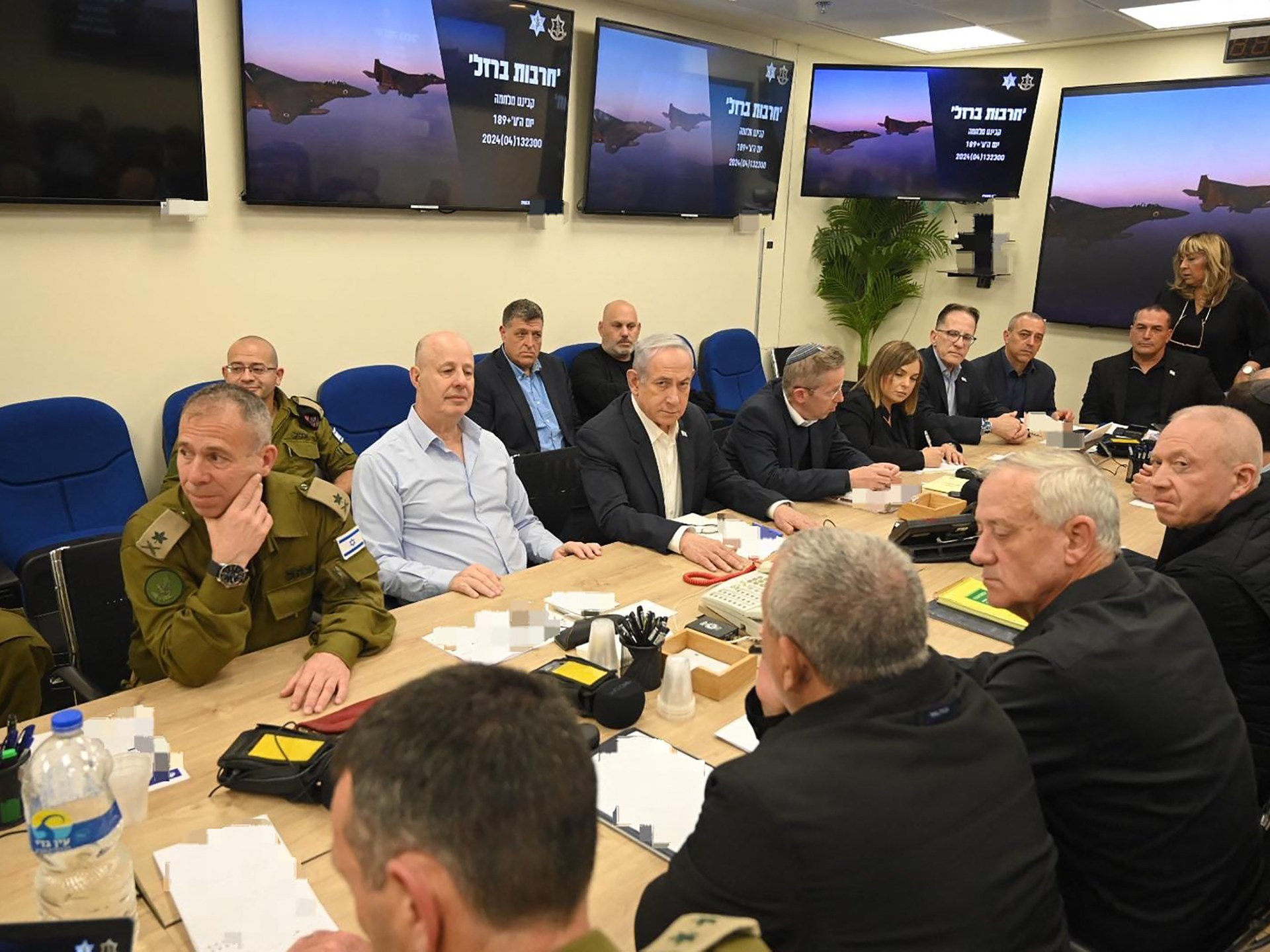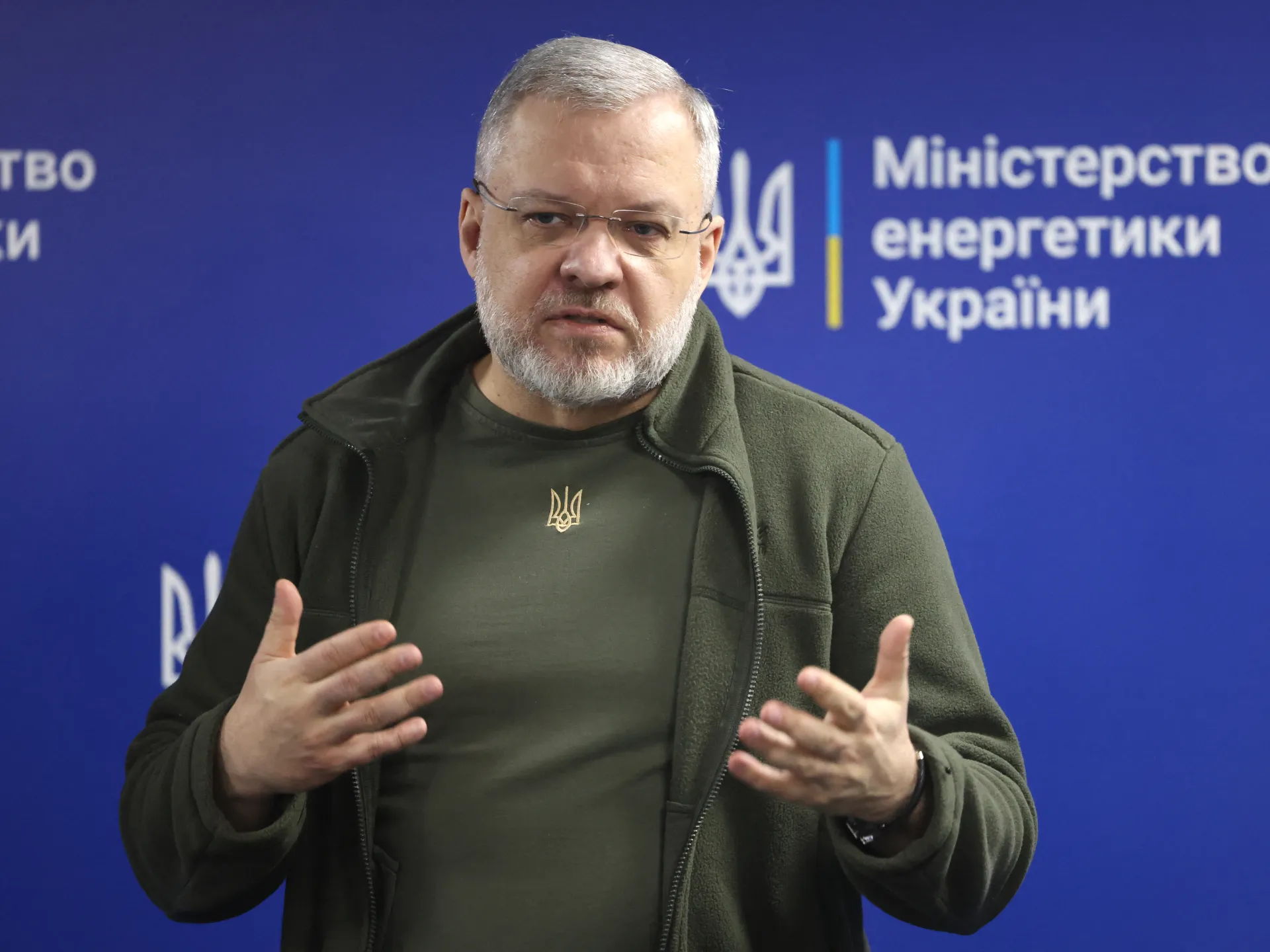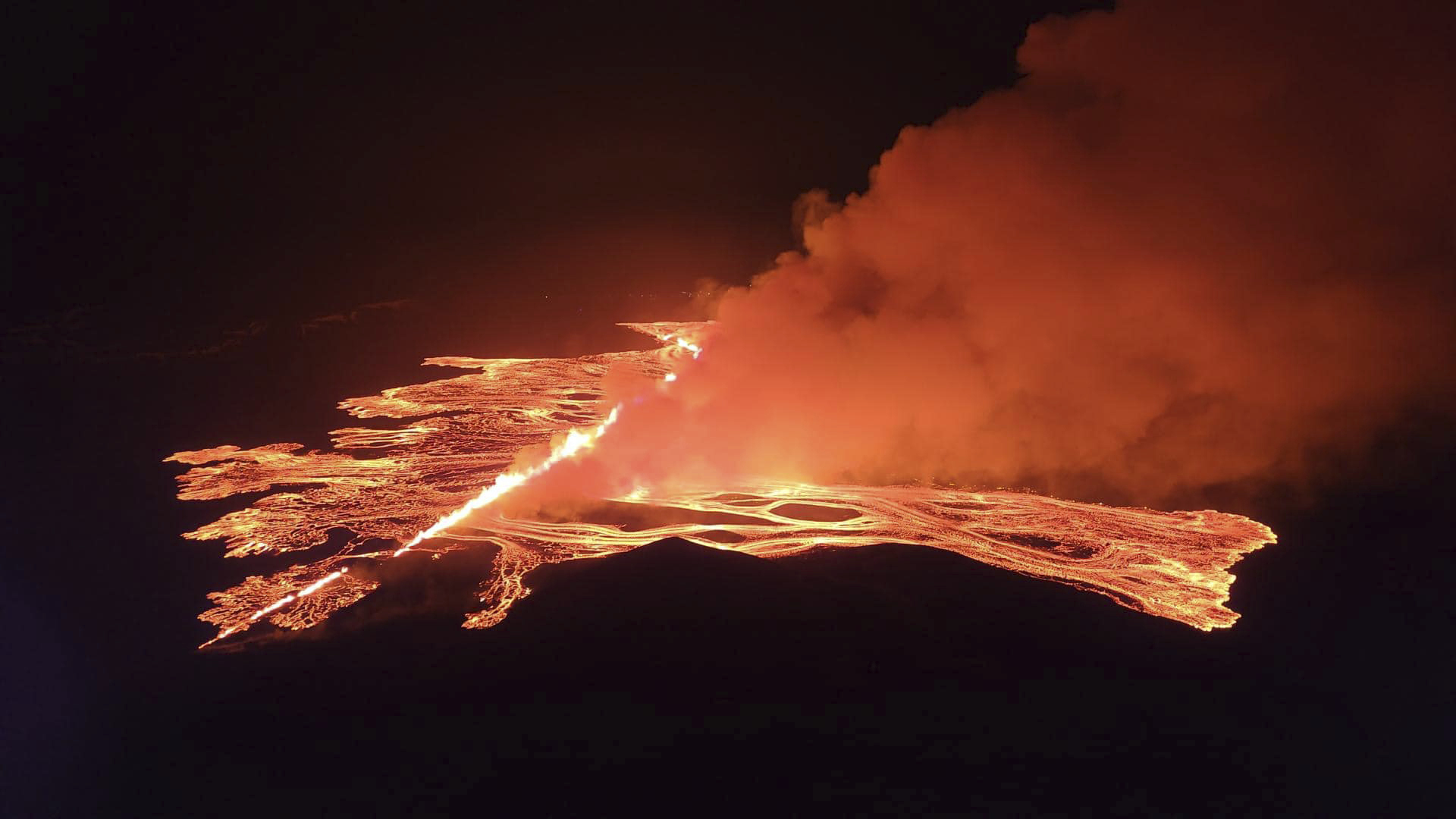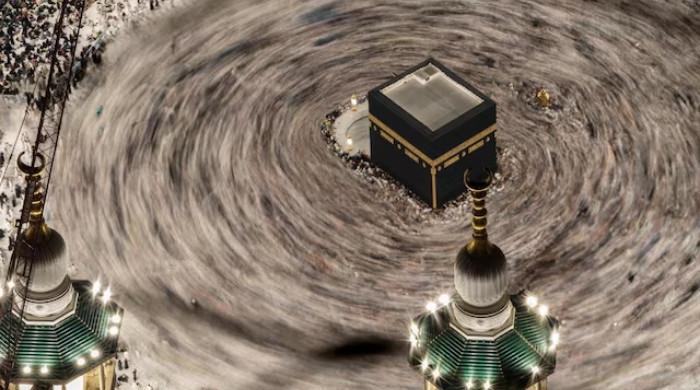DHAKA: A Bangladesh war crimes tribunal set up by ousted Prime Minister Sheikh Hasina has launched three “mass murder” investigations against its founder over unrest that forced her to flee the country, its investigator said on Monday.
More than 450 people were killed, many by police fire, during a month of student-led protests against Hasina's 15-year autocratic rule before she resigned as prime minister and fled to India on Aug. 5.
“We are collecting preliminary evidence at this stage,” said Ataur Rahman, deputy head of the court's investigation cell, adding that the cases were related to “mass killings.”
“After this, we will go to the crime scene,” Rahman said. AFP.
All three cases were filed by private individuals and several of Hasina's former top aides were also named in the cases, he said.
The cases are related to incidents of violence that occurred in the suburbs or nearby districts of the capital, Dhaka, in Mirpur, Munshiganj and Savar.
In addition, local police units across the country have filed at least 15 cases against Hasina, according to local media reports.
Some are related to cases prior to the recent unrest and charges include murder and “crimes against humanity.”
The Bangladesh International Crimes Tribunal was set up by Hasina in 2010 to investigate atrocities committed during the country's liberation war.
Under Hasina, the ICT sentenced more than 100 people to death, including several of her political opponents.
The court was often criticised by human rights groups for failing to respect international conventions.
Hasina's government has been accused of widespread human rights abuses, including the extrajudicial killing of thousands of her political opponents.
The United Nations (UN) said on Friday there were strong indications that Bangladeshi security forces used unnecessary force in confronting the student-led uprising.
“There are strong indications, warranting further independent investigation, that the security forces used unnecessary and disproportionate force in their response to the situation,” the UN human rights office said in a preliminary report.
“The alleged violations included extrajudicial executions, arbitrary arrests and detentions, enforced disappearances, torture and ill-treatment,” it added.
Bangladesh's interim leader, Muhammad Yunus, has said his administration will “provide all necessary support” to UN investigators.

